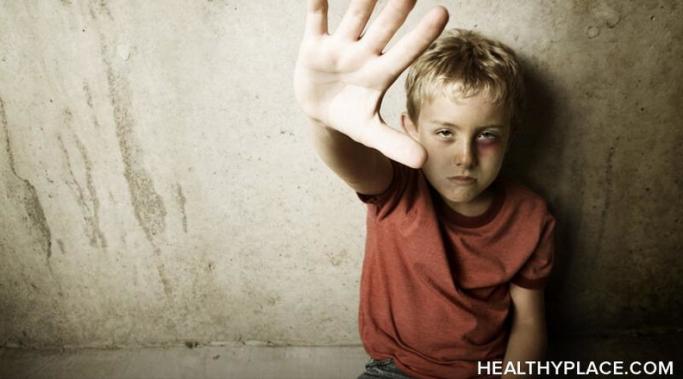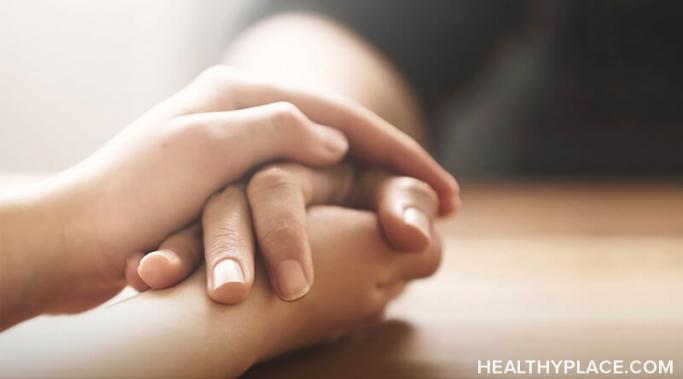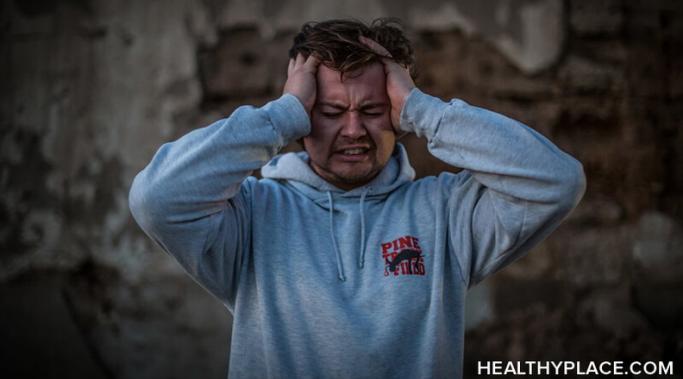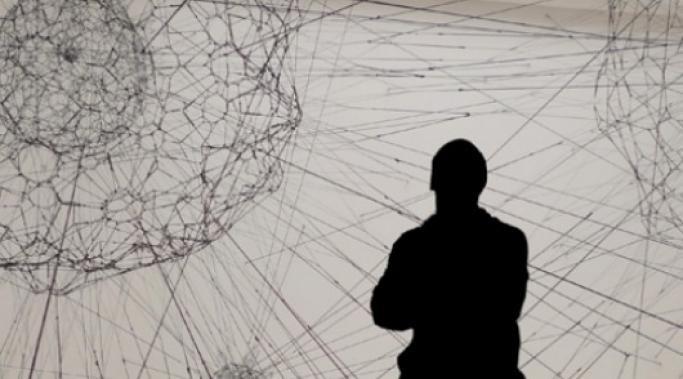Is sexual abuse an epidemic? Recently, I was in my church's library and I found a copy of Sexual Abuse In Christian Homes and Churches by Carolyn Holderread Heggen, a Christian counselor specializing in sexual abuse recovery (Books on Sexual Abuse, etc.) She claims that sexual abuse is an epidemic.
Posttramatic Stress Disorder
Dear Senator Paul:
I understand that you think I and people like me are "gaming the system" because we're receiving disability benefits for mental illness. I also understand that you claim you were quoted out of context and that some people do deserve disability, but the able-bodied don't. I've seen both videos, and you didn't say anything about mental illness. Logically, that means you think people with severe mental illness should not receive disability. Let me inform you about the realities of mental illness and disability benefits.
Those of us in mental health recovery are often faced with the hardships our symptoms can cause us. It can be easy to get discouraged, to look at our progress in recovery and tell ourselves, “I’m never going to overcome this mental illness.”
I sit in my home by myself because my family left. I don’t blame them. They just couldn’t take it anymore. What they couldn’t take was me and my posttraumatic stress disorder (PTSD). I have come to refer to it as “the PTSD me,” because it often feels there’s two completely different people within me.
This week my life closely resembles one of those old country and western songs. You know the ones. Basically everything that could go wrong has, and even the dog doesn’t want to get close to me.
I’m sitting alone in my four bedroom home, contemplating the condition of my life and wondering just where this is taking me.
I’m very fortunate that I have people in my life, specifically my wife and kids, who truly love me. They love me enough to tell me I need help and they want me to get it. Until I do, they’ve decided that for their own well being, they think living apart from me is the best thing for them right now.
One of the worst things about having a mental disorder is the symptoms the mental disorder causes. These symptoms are the cause of much suffering for those of us who have received a mental health diagnosis. We face our symptoms every day, sometimes every minute of the day. They can cause us to see the world and the circumstances of life very differently than people who aren’t mentally ill.
Because we sometimes perceive things this way, we occasionally come into conflict with people. It’s often family who don’t comprehend our behavior, especially since they see us at our worst. Misconceptions can, and do, happen, frequently, on both sides. Of course, it’s not only we who misperceive. Misperceptions can lead to stereotyping, part of mental health stigma. Let’s look at some examples of these stereotypes.
Last week brought me a lesson in the need to be prepared when mental health triggers come, as they inevitably do in our recovery. These triggers can be dangerous because they can instantly transport us to a place of emotional turmoil and intensify our symptoms. In order to manage our illness, we must be prepared at all times. We never know when we can be triggered and we need to take steps to ensure we and others around us are safe.
This past week, there was a national firestorm with the release of American POW Bowe Bergdahl from captivity in Afghanistan. I had not known the story prior to this, but when I heard the circumstances of his experience, I was triggered in a way that hasn’t happened in a long time.
I have heard a phrase repeated by some in the mental health community. “We just want to be treated like everyone else.” Really? I don’t. Why? Because I certainly am not like everyone else and if you apply their standards to me I lose.
Another thing I’ve heard. People with mental illness should be held accountable for their actions just like everyone else—there it is again, “just like everyone else.” I understand the sentiment. It may be what they’re saying is “we don’t want to be discriminated against. Treat us like everyone else.”
Noise sensitivity can be likened to nails on a blackboard. The constant buzz and whir of music, technology, the buzzing of Facebook notifications, ringing phones and loud conversations can be overwhelming. This sensitivity to noise is known as hyperacusis, a condition that arises from a problem in the way the brain processes noise.
Poverty Mindset
Poverty mindset is a term that comes up from time-to-time as a root cause of inner-city violence, lower standardized test scores, lower IQ and many other maladies. Can poverty in childhood also lead to changes in adult cognitive abilities?








